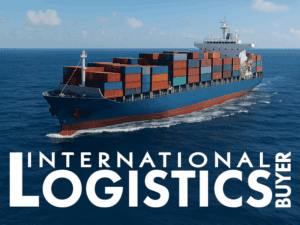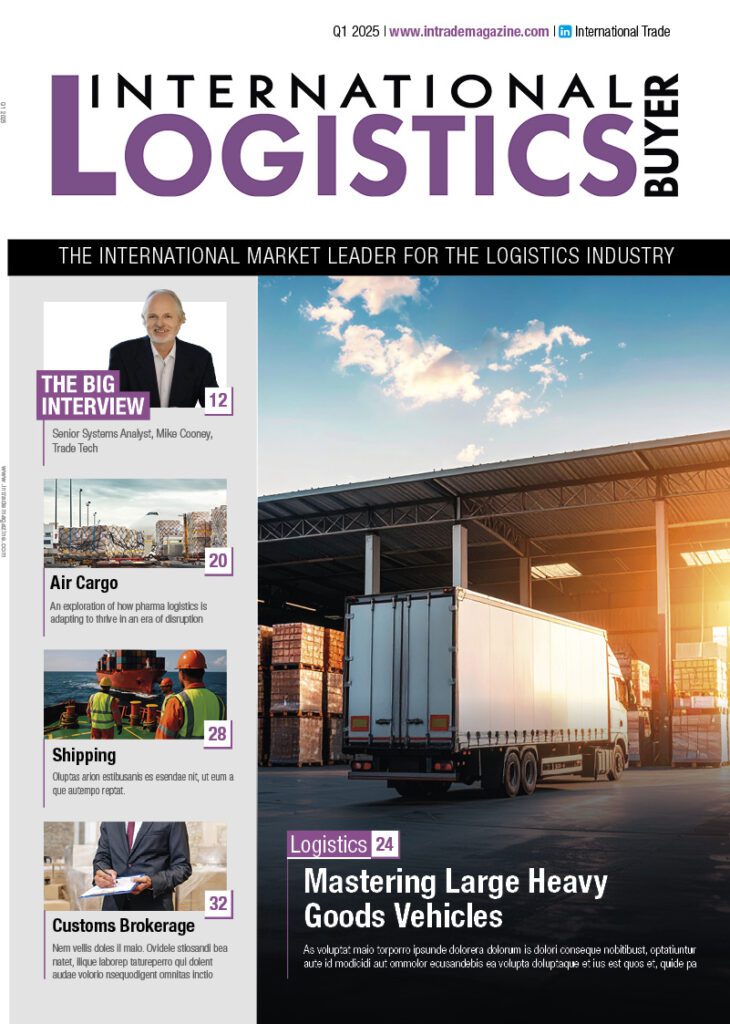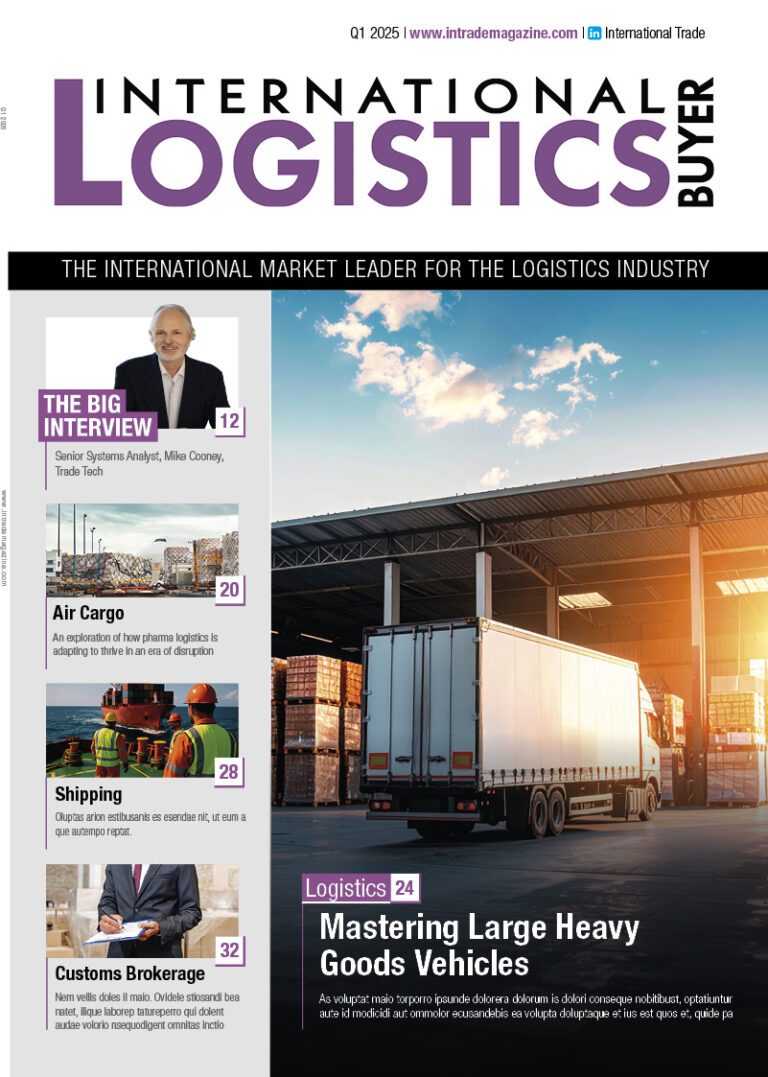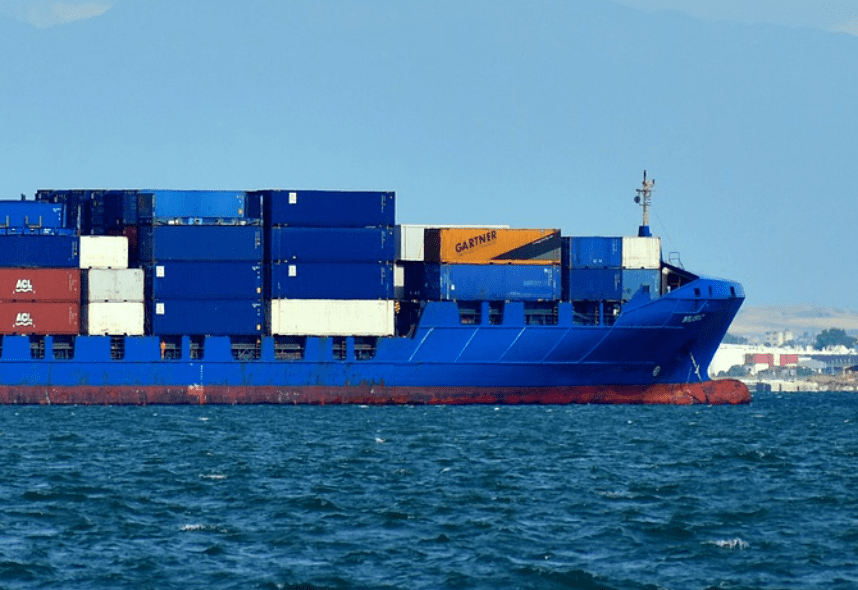To help the logistics industry advance, technology must become a key component. So, how can we bring technology into the financial sector?
In times of uncertainty, organisations are hesitant to seek out alternative approaches and processes, especially with finance as a core component in the supply chain. However, as more conventional means become harder to gauge and rely on, there are other solutions that can help businesses navigate difficult waters. The rise in FinTech is becoming increasingly popular in the logistics world, particularly for SME businesses.
FinTech and its impact on the industry of transportation and logistics is growing. FinTech, if you’re unfamiliar with the term, means financial technology. FinTech itself is a rapidly growing and evolving industry. Many fields and businesses are taking advantage of this. Logistics is becoming a major player in adopting FinTech, and for a variety of reasons. The biggest and most important reasons are the following:
- Improvement in the speed and efficiency of the supply chain
- Finance opportunities for equipment and inventory
- Payment options for drivers
- Billing choices for the business
What is FinTech?
This financial technology has been growing and evolving rapidly for several years. Often, FinTech companies are start-ups looking to get in on the ground floor. Ultimately, their goal is to streamline financial processes of all kinds for business.
This comes in a number of formats. For example, many FinTech companies create an app. Additionally, any kind of cloud-based software is usually the foundation of FinTech products and projects. The goal is to digitise and streamline without any need for the customer to have hardware. Essentially, any innovation that leads to more usage in mobile is a win in FinTech. Any business using technology to enhance or automate financial services is using FinTech.
Nearly every step in the supply chain can be improved with quality FinTech. From the supplier to the buyer, and from pickup to delivery, there are digital opportunities to be had. In particular, there are the mutual benefits to buyers and suppliers. Let’s take a closer look at both.
FinTech and the buyer: There are a couple of significant benefits of using FinTech for buyers:
Extending accounts payable
Have you ever wanted to extend accounts payable? FinTech has the ability to act like a financial broker. For example, a shipper can select a third-party carrier to move its freight. FinTechs usually have relationships with multiple banks and financial institutions. Therefore, they act like a broker for finance. Essentially, the FinTech is financing the transaction between you, the buyer, and the supplier. You get more time to make your payment.
Also, in exchange for using the FinTech, the supplier gives you a discount. For instance, this discount may be your cost of capital. This cost is often lower than generic financing options. Also, an improvement in working cost of capital helps you to fund growth and expansion into new markets and territories.
Media contact
Rebecca Morpeth Spayne,
Editor, International Trade Magazine
Tel: +44 (0) 1622 823 922
Email: editor@logistics-buyer.com
























